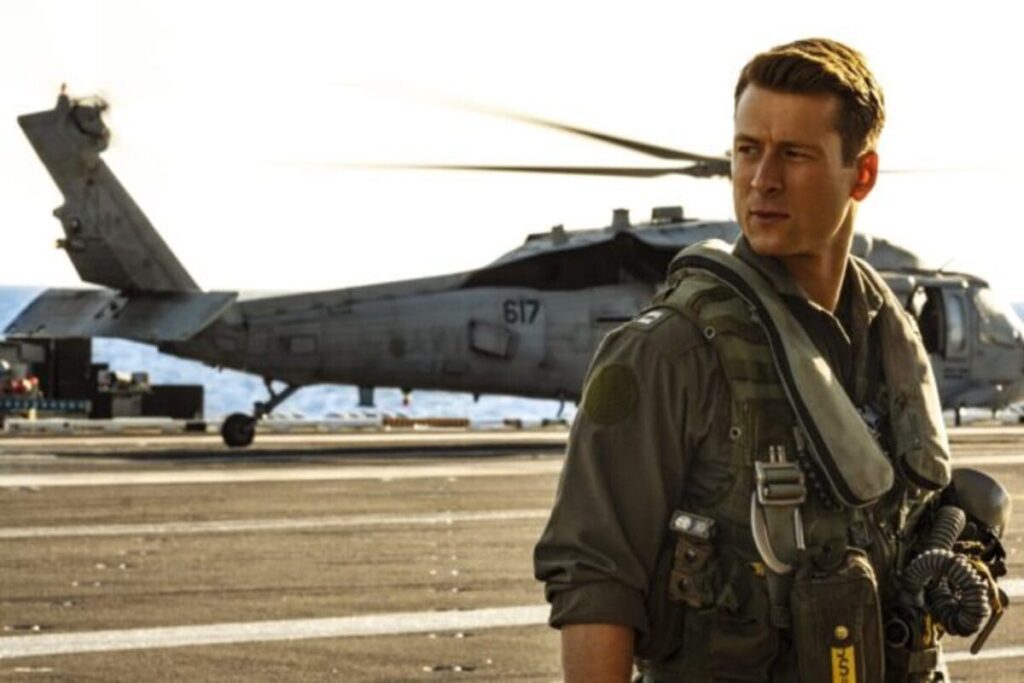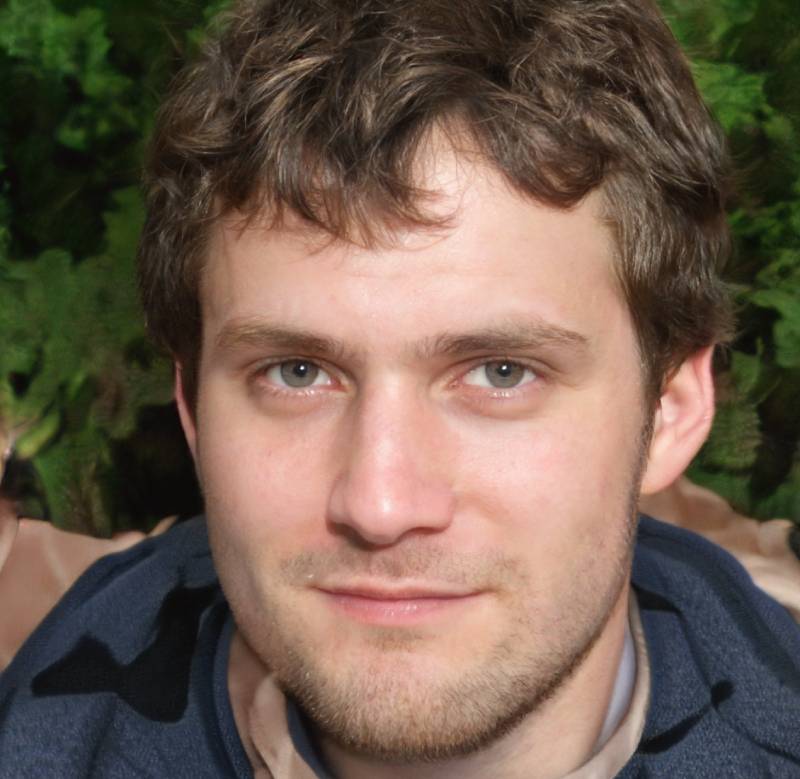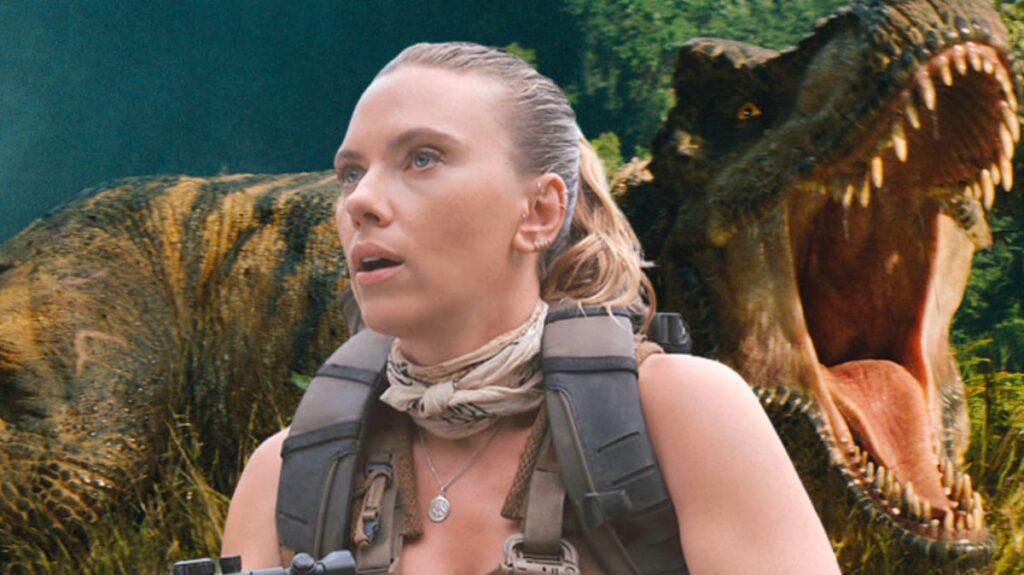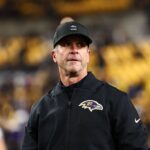Blockbuster franchises often bank on A-list power to draw in the crowds. But when even Hollywood’s rising stars start walking away from roaring dinosaurs, you’ve got to wonder: is it the story, the timing, or something deeper in the Jurassic DNA that’s becoming harder to sell ?
A fresh start with new faces
With Jurassic World 4, the dinosaur saga enters yet another evolutionary phase – a total reboot of the cast and, it seems, the strategy. Gone are Chris Pratt and Bryce Dallas Howard, whose dino-wrangling days are now behind them. In their place, Scarlett Johansson leads the charge, joined by Jonathan Bailey, in what the studio hopes will be a revitalised direction for the franchise.
This isn’t just a facelift. It’s a full creative reset, steered by Gareth Edwards, known for The Creator and Rogue One, who steps in for Colin Trevorrow. A bold move, considering the uneven critical reception of Jurassic World: Dominion, which, despite pulling in over a billion dollars, left many fans lukewarm.
When big names say no
But Universal didn’t always have Johansson in their sights. Early rumours suggest they had their eye on Jennifer Lawrence. Her name, of course, carries the kind of box office clout that makes marketing execs sleep soundly at night. But Lawrence passed, which shouldn’t come as a shock – she’s been pivoting away from franchise blockbusters for years now, focusing on more grounded, character-driven films through her production company, Excellent Cadaver.

And then there’s Glen Powell, the poster boy of Hollywood’s new leading men. After standout turns in Top Gun: Maverick, Anyone But You, and the recent Twisters, Powell seems to be everywhere. So why didn’t he jump aboard the dinosaur train?
In a refreshingly candid interview, Powell explained, “Jurassic Park is one of my all-time favourites. I dreamed of being part of it. But when I read the script, I realised my role wouldn’t add anything meaningful.” He went on to praise the film’s potential, calling the script “excellent,” but admitted that as an actor, you have to choose roles that matter – both to the audience and to yourself.
Chasing the right chemistry
One theory? Powell may have been considered for Bobby Atwater, a mercenary role now played by Ed Skrein. With his charisma and dry humour, Powell could’ve brought nuance to what’s reportedly a minor but edgy character. But perhaps that’s just it – he didn’t want to be another replaceable cog in a giant machine.
This highlights a growing challenge for legacy franchises: how do you convince talent that they’re more than just star power? When top actors start prioritising creative satisfaction over tentpole prestige, it becomes trickier to lock them in.
Not just the actors
It’s not just stars walking away. Director David Leitch, known for Bullet Train and Atomic Blonde, was initially courted to helm the film. But creative differences derailed the partnership. He later revealed that while the discussions with Steven Spielberg and Frank Marshall were exciting, he ultimately felt the vision wasn’t aligned: “It has to be the right fit – for the franchise and for me as a filmmaker,” he shared on the Happy Sad Confused podcast.
Still, Universal seems to have landed on its feet. Early reactions suggest that Jurassic World: Renaissance is a marked improvement on its predecessor, striking a better balance between nostalgia, thrills and narrative coherence.
Is the Jurassic formula still working ?
There’s no doubt these films are still raking in money. But when household names like Lawrence and breakout stars like Powell are opting out, it raises important questions about the future of big-budget storytelling. Are we reaching a point where a strong script and a visionary director matter more than brand recognition alone?

Universal clearly believes there’s life in this prehistoric beast yet. But if it wants to keep attracting top-tier talent, it might need to give them more than just a flashy trailer and a paycheck. Because even in Jurassic World, the age of the passive star may be going extinct.

Meet Bill, a curious mind with a rebellious streak and a shared enthusiasm for lifestyle and culture. Like his longtime collaborator William, he’s captivated by the pulse of current events. But Bill brings a twist, he thrives on spontaneity, often following instinct over convention. His unconventional flair adds a dynamic edge to the team, making every project a little less predictable and a lot more exciting.













